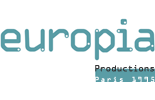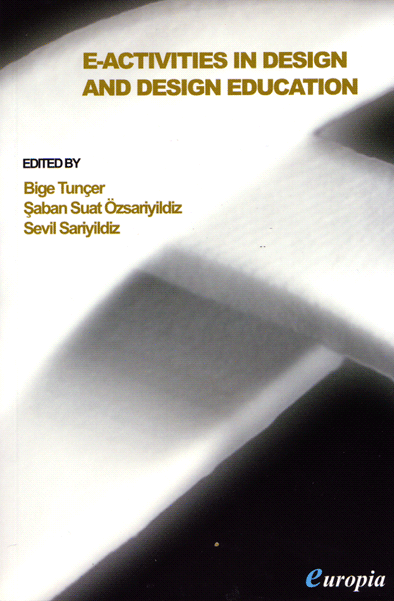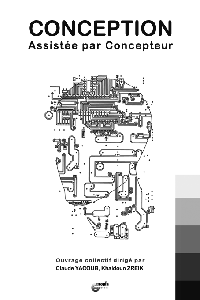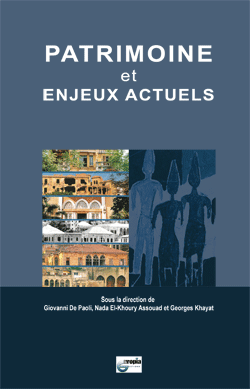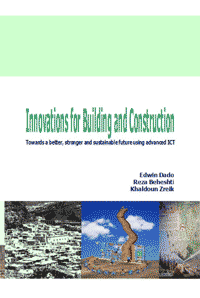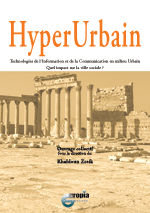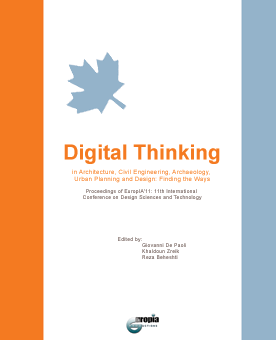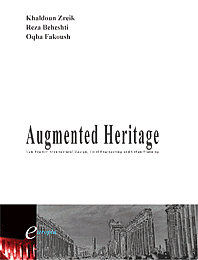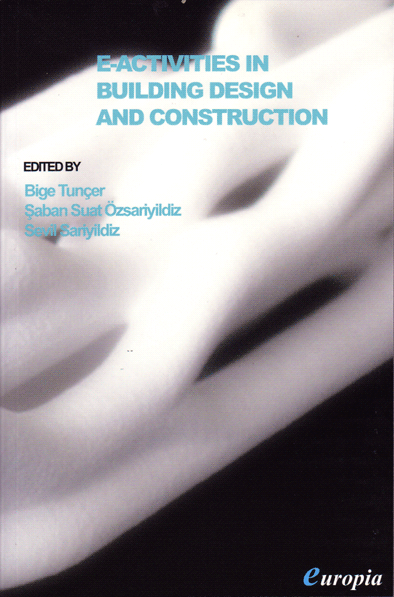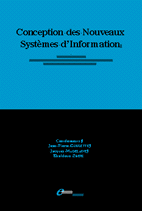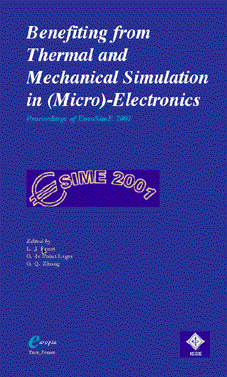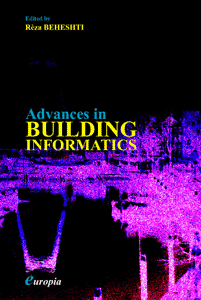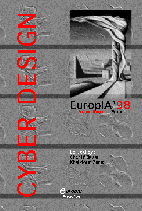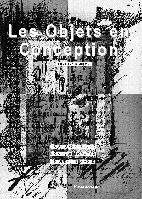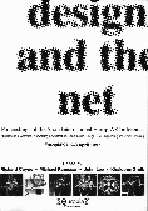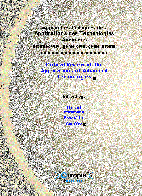Sommaire / Contents
Preface
Editorial
Part 1 Process modelling and business process reengineering
A cooperation model for architectural design: The virtual cooperative project
Mohamed BOUATTOUR, Gilles HALIN, Jean-Claude BIGNON
Coordination of design using loops and peergroups
Michael CUMMING
Bridging the gap between design and use processes: Sector-based problems of a CRM oriented approach
Kerem ERCOSKUN, Alaattin KANOGLU
Automation of effective tracking and locating precast components at a storage yard
Esin ERGEN, Burcu AKINCI, Rafael SACKS
Information flow automation and related security aspects in public construction projects
Yasemin NIELSEN, Francis T. EDUM-FOTWE
City Administration System (CAS): Flood crisis management
Ahmad RAFI, Mohd FAZIDIN
E-business in supporting supply chain activities in the Malaysian construction industry
Paul STEPHENSON, Teck Leong CHUAN
Process integration in building design using the parameter-based design structure matrix
Sule TASLI PEKTAS
Part 2 Information and product modelling
E-Product catalogues
Robert AMOR, Wolfgang KLOEP
Conceptual modelling of generic building elements
Murat AYGÜN, Ikbal ÇETINER
The integrated construction site of the future
Edwin DADO, Reza BEHESHTI, Eddy KOENDERS
Combining reality capture technologies for construction defect detection: A case study
Chris GORDON, Frank BOUKAMP, Daniel HUBER, Edward LATIMER,Kuhn PARK, Burcu AKINCI
Image indexing vocabulary in architecture: Taxonomic hierarchy and categorisation
Sabrina KACHER, Jean-Claude BIGNON, Gilles HALIN
Towards a virtual platform for e-materials
Eddy KOENDERS, Edwin DADO
Object version control for collaborative design: Characteristics of the concept-modelling frameworkJos P. VAN LEEUWEN, Sverker FRIDQVIST
Interactive building product information in the context of e-commerce world
Salih OFLUOGLU
Part 3 Knowledge modelling and soft computing
A knowledge based system for selection of building floor covering
Cemal ALTUNAY, Abdulrezak N. MOHAMED
Bi-directional attribute relations in design by knowledge modelling
Ozer CIFTCIOGLU, Saban Suat OZSARIYILDIZ, Sevil SARIYILDIZ
Applications of artificial neural networks and their potential uses for building construction industry: A review
Sevgi Zeynep DOGAN, Husnu Murat GUNAYDIN
The management of proprietary knowledge in the architectural firm: An argument for e-support
John Linke HEINTZ
Information, communication and knowledge technology in the building sector
Sevil SARIYILDIZ, Ozer CIFTCIOGLU, Rudi STOUFFS, Bige TUNÇER, Saban Suat OZSARIYILDIZ
An expert system for earthquake resistant designs: Torsion effect
Sinan M. SENER, Esra IDEMEN
Keyword index
Author index
